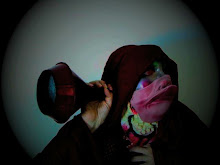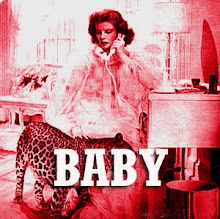click here article printed in Chicargo Criticism

Iannis Xenakis - study for Terretektorh
quote ..." Xenakis was above all concerned with the production of new sounds, but the twist was that he was methodically obsessed. He later made a full break even with musique concrete because it was reliant upon existing sounds. Furthermore Xenakis thought that Cageian methods of chance and experimentation became likewise deterministic and fell back on habitual behavior when performed, not living up to the pathological expectations for ‘newness’. Regarding the sound quality and fortuitous composition of Cage, Xenakis quipped, “we all have fortuitous sounds in our daily lives. They are completely banal and boring. I’m not interested in reproducing banalities.” Xenakis was clearly disinterested in the synthesis of art and life."
... "The war had accustomed them to a sound world which had never seemed possible before and each one had to adjust to it in his own way. This assimilation took many forms, it explains why, for instance, musique concréte was so quickly accepted by this generation as a perfectly natural extension of the sound continuum they had perceived, and secondly, the violence, anger and horror of the war could be transformed into a music which was openly aggressive, brutal and violent.”
By imitating crowds Xenakis was proposing an art based in mimicry. Transferring civil unrest and social confusion into pure form was a way of dealing with the inadequacy of the situation. Through pure abstraction, Xenakis aestheticized the political upheaval of the moment. In this sense, what is commonly perceived to be the most esoteric, abstract avant-garde music, was in fact purely practical and grounded in the physical conditions of the moment. The standardized but obscured paradigm of ‘physicality’ in recent sound art and experimental music floats free from this history and as a result repeats its failures instead of fulfilling its promise. The ruse of ‘physicality’ in much recent sound art ‘theory’ becomes pastiche and pure lipservice, especially when many of the tools which could actually manifest those latent potentials are repressed by the dominant countercultural DIY hegemony.
"But this abstraction also implies that reality in its complicated form was indigestible, and also that Xenakis had no intent on digesting it as it existed empirically. There are two things happening in this abstraction: first, the calculated abstraction of social relations into mathematical data and pure pattern echoes the objectification of reification. To further support this theory one need look no further than Xenakis’s mimicry of insects and natural phenomena as well. In other words, Xenakis lumps human social culture in with animal nature, proposing there isn’t much of a difference. But secondly, and conversely, by formalizing social inadequacies through an ‘open system’ as it would later be called in the 1960’s in reference to conceptual and minimal art, the artist is incapable of accepting the conditions of reality at face value. Instead the artist sought to re-constitute reality by exorcising the latent potentials of its form and by overcoming life through formalizing it artistically (or at least attempting to do so), instead of synthesizing art + life, as is commonly understood to be a defining characteristic of the avant-garde and much art today".














No comments:
Post a Comment